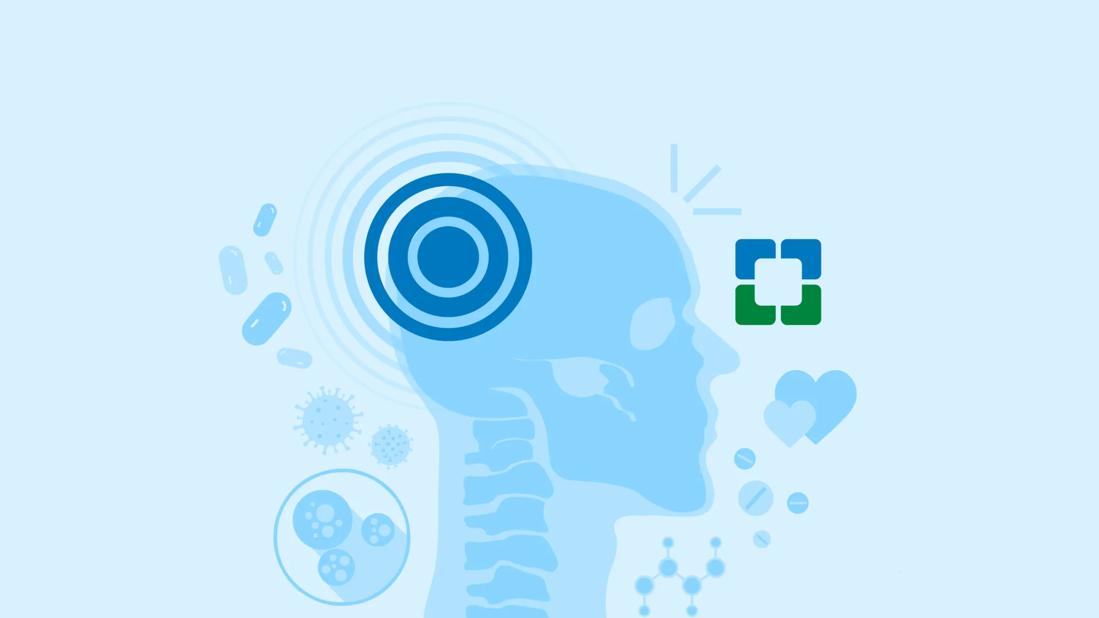What is a Primary Care Doctor?
A primary care doctor is a healthcare professional who offers general medical services and ongoing patient care.
They are usually trained in family medicine, internal medicine, or pediatrics, and they manage overall patient health, coordinate with specialists, and provide preventive care. Their role includes diagnosing illnesses, prescribing medications, and offering lifestyle advice to promote wellness.
Why Primary Care Matters
The importance of having a trusted primary care physician extends beyond just treating illness. They’re the backbone of long-term, proactive health management. Regular visits help detect early signs of disease, reduce the need for emergency care, and lead to better health outcomes overall.
Preventive Services
Primary care doctors perform routine screenings (like blood pressure, cholesterol, and cancer screenings), vaccinations, and lifestyle counseling. Preventive care helps catch diseases early or prevent them entirely—often saving lives and money in the long run.
Chronic Disease Management
If you suffer from long-term conditions like diabetes, asthma, or hypertension, a primary care doctor monitors your progress and adjusts treatment plans. They help you manage symptoms, avoid complications, and stay educated about your condition.
Whole-Person Care
Unlike specialists, primary care doctors take into account your physical, emotional, and mental well-being. They also address how life circumstances—like stress, finances, or work environment—affect your health.
Types of Primary Care Doctors
Understanding the different types of primary care doctors helps patients choose the right healthcare provider based on their specific needs. Here is a comparison table outlining the main types:
| Type | Description | Patient Focus |
|---|---|---|
| Family Medicine | Provides comprehensive care for individuals and families across all ages, genders, and diseases. | All age groups |
| Internal Medicine | Focuses on the prevention, diagnosis, and treatment of adult diseases. | Adults |
| Pediatrics | Specializes in the physical, emotional, and social health of children from birth to young adulthood. | Children and adolescents |
The Benefits of Having a Primary Care Doctor
Having a primary care doctor offers numerous benefits:
- Continuity of Care: They provide consistent care throughout a patient's life, understanding their medical history and personal health needs.
- Preventive Care: Primary care doctors emphasize preventive measures to avoid illnesses, such as vaccinations and routine check-ups.
- Management of Chronic Diseases: They help manage chronic conditions, ensuring patients receive appropriate treatment and monitoring.
- Coordination of Care: Primary care doctors coordinate with specialists and other healthcare providers to ensure comprehensive care.
How to Choose a Primary Care Doctor
Choosing the right primary care doctor is a crucial decision. Here are some tips to consider:
- Check Credentials: Ensure the doctor is board-certified in their specialty.
- Consider Location: Choose a doctor whose office is conveniently located.
- Evaluate Communication Style: Select a doctor who communicates clearly and listens to your concerns.
- Review Availability: Consider their office hours and availability for appointments.
The Evolving Landscape of Primary Care
The role of primary care doctors is continually evolving to meet the changing needs of patients and the healthcare system. With advancements in technology and a growing emphasis on holistic care, primary care physicians are now integrating telemedicine, electronic health records, and patient portals to enhance accessibility and patient engagement. These tools allow for more efficient communication, timely follow-ups, and personalized care plans.
Moreover, primary care doctors are increasingly focusing on the social determinants of health, recognizing that factors such as socioeconomic status, education, and environment significantly impact a patient's well-being. By addressing these broader aspects, they aim to provide more comprehensive and equitable care.
Final Thoughts
In conclusion, primary care doctors are vital to maintaining individual and community health. They provide comprehensive care, focusing on prevention, and manage a wide range of health conditions. Choosing the right primary care doctor can lead to better health outcomes and a more personalized healthcare experience.
For further reading on primary care doctors, you can visit the following resources:







